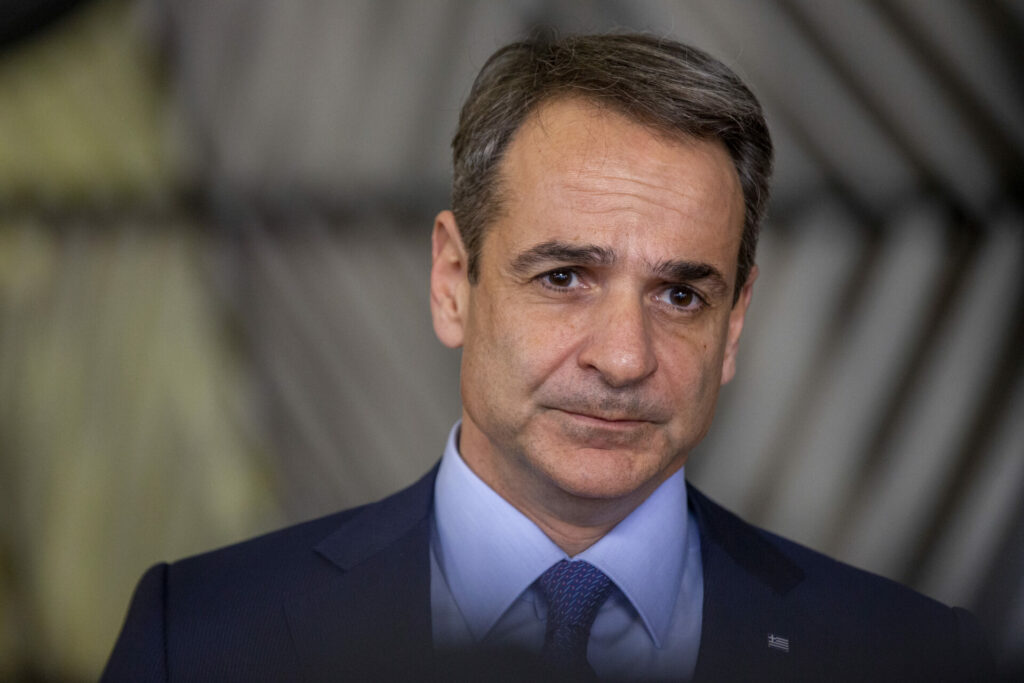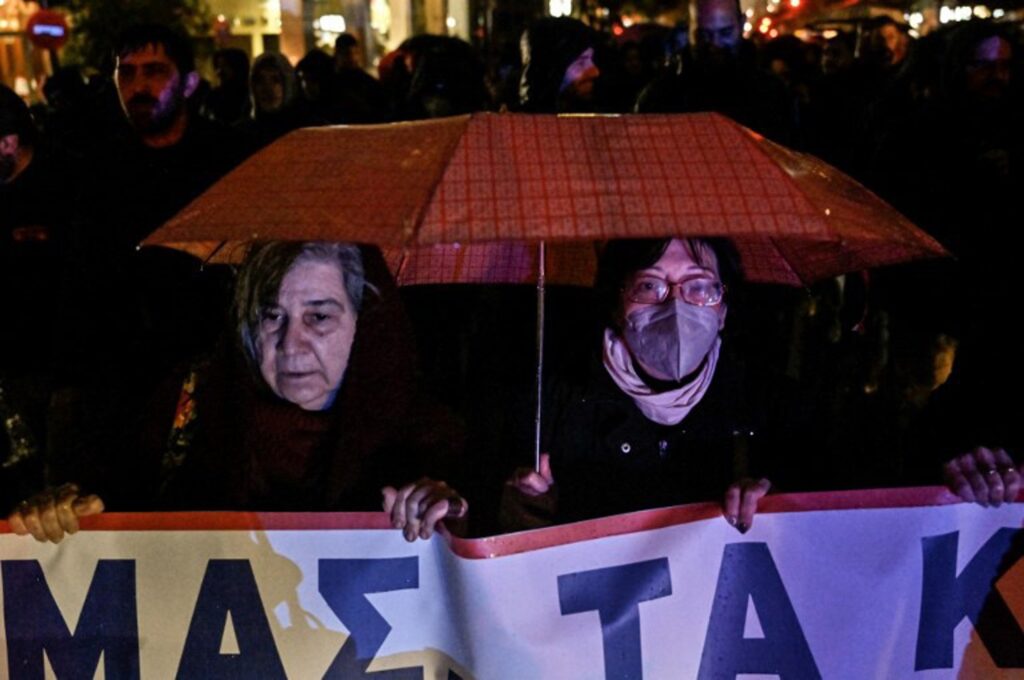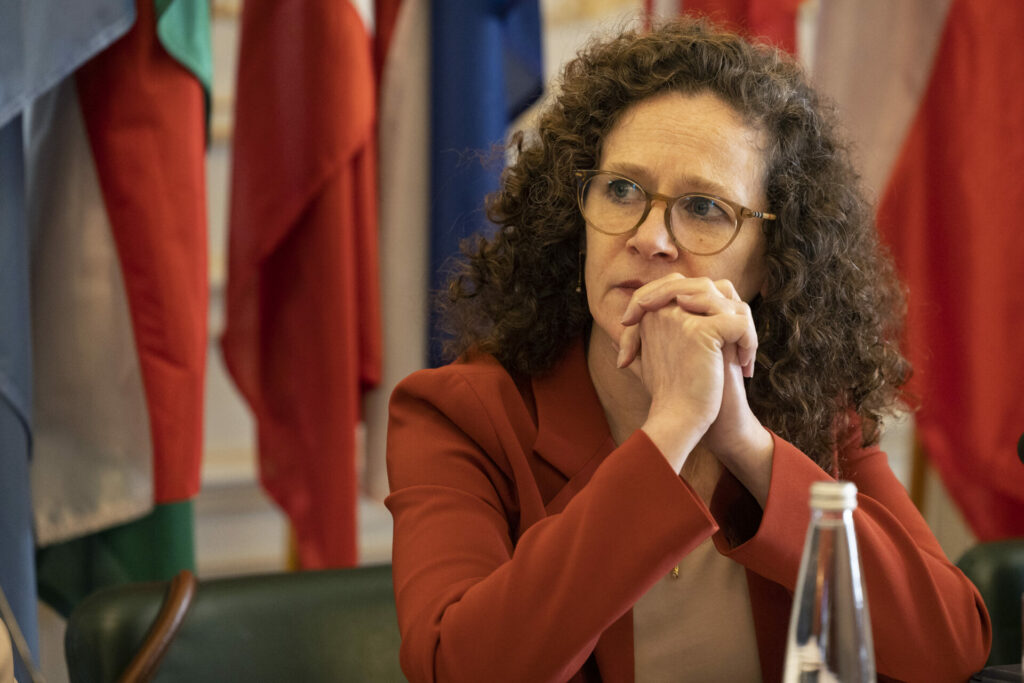Senior Greek officials refused to meet a delegation of MEPs from the Civil Liberties Committee (LIBE) during a mission to Athens on 6–8 March 2023. As the mission ended on Wednesday, MEPs stated their concern about threats to the rule of law in Greece.
Dutch MEP Sophie In’t Veld (Renew), chair of the delegation, said after the visit that the committee “regrets that the Prime Minister, government ministers, police representatives, the Supreme Court Prosecutor and other officials were unavailable or refused to meet.”
MEPs travelled to Greece in light of alleged threats to the “state of EU values" in the country. Serious concerns have been raised about media freedom and the safety of journalists, as well as migration policies, human rights, the use of spyware, the rule of law, and the fight against corruption.
"Very serious threats"
MEPs on the mission were pessimistic about the rule of law, attacks on journalists and the treatment of migrants in Greece. Whilst they acknowledged Greece's firm institutional and legal framework, and the strong civil society and independent media, In’t Veld stated that “there are very serious threats to the rule of law and fundamental rights."
MEPs found that democratic checks and balances are strained; the justice system is extremely slow and ineffective, feeding a culture of impunity while corruption erodes public services and goods.

Prime Minister of Greece Kyriakos Mitsotakis arrives for a special meeting of the European Council in Brussels. Credit: Belga / Nicolas Maeterlinck
Of particular concern has been media freedom: Greece dropped 38 places (to 108th) in the RSF's Media Freedom Index in 2022, compounded by government inaction on the assassination of veteran crime reporter Giorgos Karaivaz in April 2021.
The case remains unsolved, with little progress being made in the police investigation, MEPs noted. "Not only is no justice done to his family but it sends a message that the safety of journalists is no priority for the government," In’t Veld disparaged.
Related News
- ‘Deeply wrong’: EPP conservatives pull out of spyware mission to Greece
- Like the Stasi: Greece's spyware scandal escalates in European Parliament
- Spyware ‘grossly abused’ by Hungarian Government
The Karaivaz case also plays into wider concerns about media freedom in Greece, which is deteriorating under the current government. “Many journalists face physical threats and verbal attacks, including from high-ranking politicians and ministers. Privacy is violated with spyware or legal restraints,” In’t Veld said.
The concentrated ownership of media organisations by a small group of oligarchs impedes media pluralism, resulting in dramatic under-reporting on certain topics.
Intimidation and dubious appointments
Within the justice system, MEPs drew attention to “underfunding, understaffing, shady appointment procedures." They also called out the "harassment and intimidation of officials from independent public bodies – such as the Ombudsman, the Data Protection Authority, and the Authority for Communication Security and Privacy.”
MEPs also looked into the treatment of migrants, both at Greece's borders and domestically. After meeting with Frontex officials, journalists and NGOs, the MEPs noted a culture of systematic pushbacks, violence, arbitrary detention and stolen belongings. Oftentimes journalists are prevented from reporting on such miscarriages of justice.

Protestors following the train disaster in Larissa, March 2023. Credit: Belga
Greece will hold elections in the next months and the country is seeing a wave of mass protests against the government after last week's train tragedy in which 57 people died. Many accuse the ruling New Democracy (EPP) party for mismanagement of public infrastructure, with the Greek government reportedly having ignored years of warnings about the growing chance of a train accident. The delegation expressed their solidarity with the Greek people following the disaster: "As Europeans we stand with the Greeks."
The European Parliament's conservative group the EPP (of which the Greek government is a member) pulled out of the mission at the last minute, calling it “insensitive” in light of the Larissa train disaster. Critics have suggested both the EPP and New Democracy were undermining the democratic mandate of the European Parliament and using a tragedy to protect themselves from democratic scrutiny.

